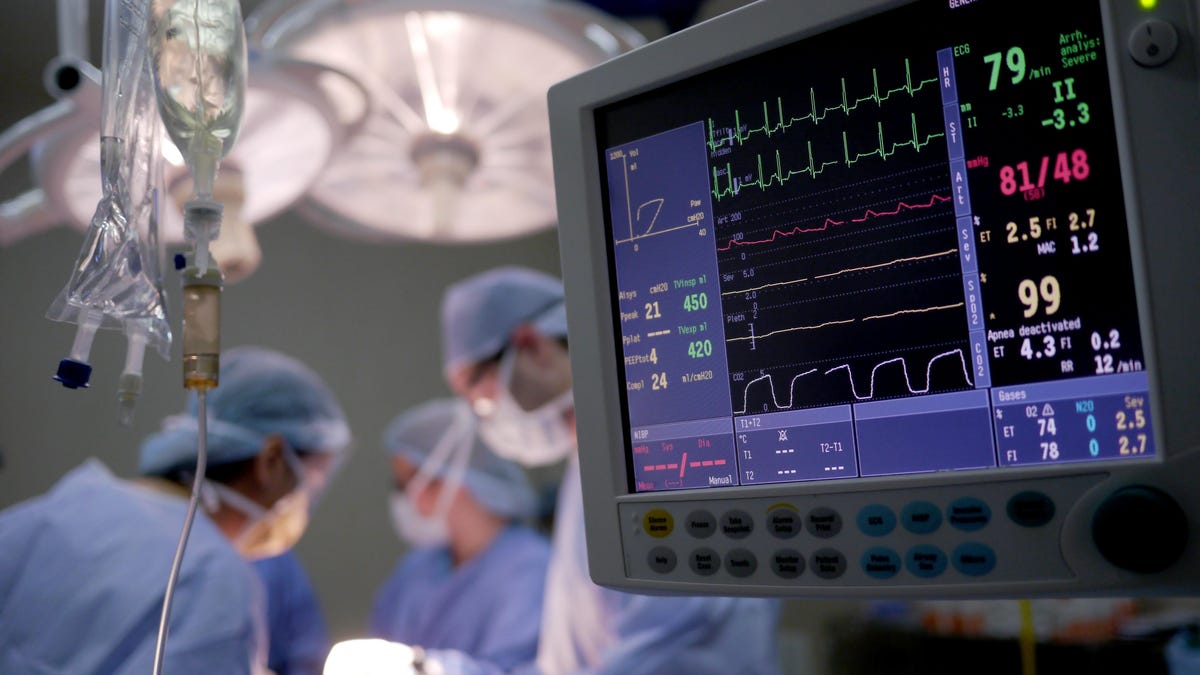
You can’t take anything with you when you die, including your body. In the absence of serving you, your organs would simply rot away, which would be a real shame since some of them could help other people. If you’re considering a way to make your final act one of good will, here’s how to make sure your organs—or even your whole body—are donated for someone else’s benefit after you die.
How to become an organ donor
On OrganDonor.gov, you can select your state and join its registry. You can also sign up in person at your local DMV, which is why you see some driver’s licenses stamped with the word “donor.” Most states even allow you to choose which organs and tissues you want to donate, so take time to consider whether you want your organs, eyes, or tissues donated—or if you just want to donate them all. If you have an iPhone, you can even register to donate your organs in your phone’s Health app. In that case, you’ll be put on a national organ donor registry.
What happens when you become a donor?
It’s not at all guaranteed your organs will be donated at the time of your death. If you die (or are near death), the hospital will tell the local organ procurement organization, which follows federal rules. The OPO will decide if you’re a possible donor and, if so, someone from the organization will go to the hospital. They’ll check to be sure you consented to donation and then review your medical and social histories. If, after that, your organs are good to donate, the OPO will contact the Organ Procurement and Transplantation Network, which keeps a list of everyone waiting for a transplant. Their system may come back with feasible matches, but the decision is ultimately in the hands of a transplant surgeon who will decide if your organ is good for their patient.
G/O Media may get a commission
You won’t be denied care if you’re a donor and doctors will obviously try to save your life no matter what. And don’t worry about the possibility you might not really be dead before the removal happens: Per Mayo Clinic, even more tests are done to determine you’re actually dead if you’re a donor than if you aren’t. (This does not cost your family any extra money.)
How to prepare now to be an organ donor
There are very few medical conditions that automatically disqualify you from donating organs, so don’t let concerns over your medical history stop you from joining a registry.
If you’re really feeling generous, you can even look into donating an organ while you’re still alive. You can donate one of your kidneys, a liver lobe, a lung (or part of one), part of your pancreas, or part of your intestines all while you’re still alive and kickin’. You may also be able to donate skin, bone, healthy cells from bone marrow and umbilical cord blood, amnion, and blood and platelets while still alive. Ideally, you shouldn’t have diabetes, cancer, high blood pressure, kidney disease, or heart disease to do this. Go here for more information.
While being in good health is ideal—especially if you’re trying to do a living donation—don’t spend too much time worrying that your kidneys, eyes, or tissues are insufficient. That’s a decision the doctors can make.
What about a whole body donation?
Donating your body to science is a bit more complicated than signing up to be an organ donor. Contact your local hospital or medical school to find out what process you should follow, as those donations are arranged with the institution that will receive your body after you die. You may have to sign a document agreeing in advance that you want your body donated to a certain hospital or university.
In some cases, your next of kin may be expected to contact the medical school or hospital themselves. Whether you want to donate organs, tissue, or your whole body, you do need to talk to your friends and family about this choice now so there are no surprises when you die. They will be expected, to some degree, to work with the organization that may end up taking your organs or body.
Credit: Source link



